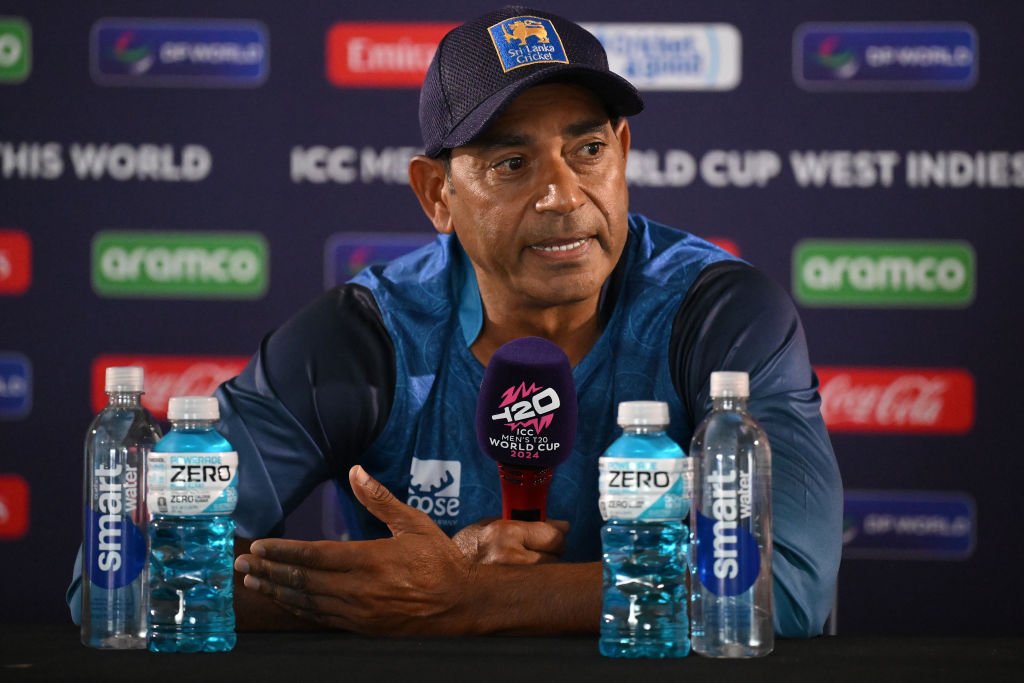
The state of Pakistan cricket has come under intense scrutiny recently, with many former players voicing their concerns over its decline. Aaqib Javed, a prominent figure in the cricketing community and now a member of the Pakistan Cricket Board (PCB) selection committee, shared insights from a recent conversation with Indian cricketing legend Gautam Gambhir. Javed revealed that Gambhir expressed serious worries about Pakistan’s cricketing future, highlighting a need for immediate reform to revitalize the team.
Gambhir’s observations come on the heels of disappointing performances by the Pakistan national team, including a humiliating exit from the 2024 T20 World Cup and a recent Test series loss to Bangladesh. These setbacks have not only affected team morale but have also raised questions about the management strategies employed by the PCB. Gambhir’s concerns resonate with many fans and analysts who see a need for a robust overhaul in the team’s approach and structure.
In his discussion with Javed, Gambhir posed a critical question: “Aaqib bhai, Pakistan cricket ko kya ho gaya?” This rhetorical query reflects the frustration many feel regarding the team’s inability to leverage its abundant talent effectively. Pakistan has historically produced world-class cricketers, but the recent performances suggest that potential is not being translated into results on the field.
The decline in performance has prompted calls for significant changes within the team and its coaching staff. Former cricketer Danish Kaneria emphasized the need for a coach who can adopt a direct and forthright approach similar to Gambhir’s. Kaneria pointed out that other successful teams, like India, have benefited from strong leadership. With Gambhir now coaching India, Kaneria argued that Pakistan would also benefit from hiring a similarly tough coach who can demand accountability from players and instill a winning mindset.
The conversation between Javed and Gambhir is particularly relevant as Pakistan’s cricketing structure has been criticized for frequent leadership changes, which have contributed to instability. The PCB has seen a series of captaincy shifts, especially regarding Babar Azam, who was removed and reinstated in quick succession. This lack of continuity can confuse players and disrupt team chemistry, ultimately leading to poor on-field performances.
With the challenges faced by the Pakistan cricket team becoming increasingly apparent, the PCB has a pivotal role to play. They must not only evaluate the current coaching and selection strategies but also consider long-term planning for player development. This includes addressing fitness issues, mental resilience, and fostering an environment that promotes hard work and dedication.
The sentiment shared by Gambhir is echoed by many within the cricketing community who feel that talent alone is not sufficient for success. There needs to be a concerted effort from the PCB to create a cohesive strategy that aligns with modern cricketing demands. By implementing structural changes and reinforcing leadership, Pakistan cricket can aspire to reclaim its place among the world’s top teams.
In conclusion, Gambhir’s insights into the current state of Pakistan cricket serve as a wake-up call. The need for tough decisions and strategic planning has never been more urgent. As the cricketing landscape evolves, Pakistan must adapt to meet these challenges head-on, ensuring that its rich legacy is not overshadowed by recent shortcomings. The road to recovery may be long, but with a clear vision and the right leadership, there is hope for a brighter future in Pakistani cricket.

